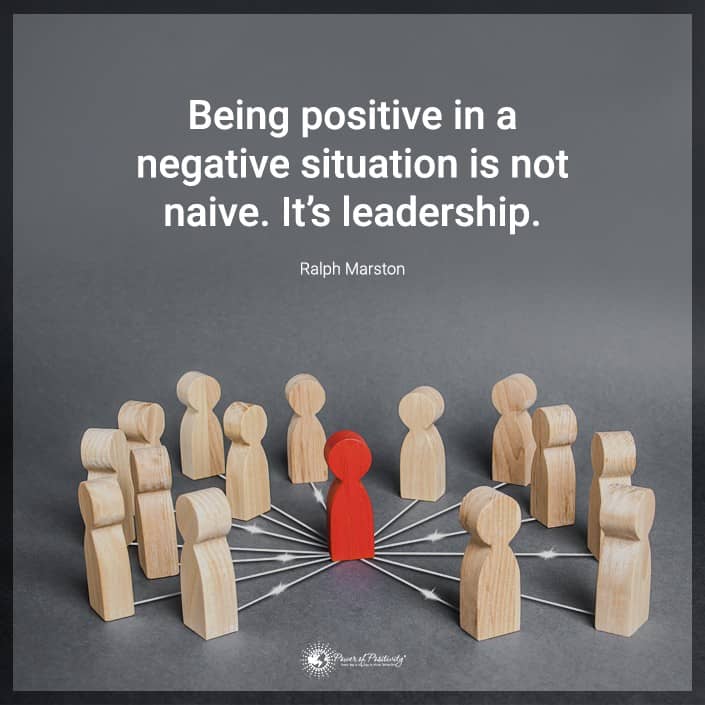‘Intelligence” is a very sensitive topic. We could sum up the debate surrounding the idea of intelligence with one question. Can we truly measure intelligence by behaviors? The truth is, you might be smarter than you even realize.
As you know, the human brain is a remarkably complex organ. Experts state that the average brain has approximately 100 billion nerve cells (neurons). Each 100 billion neurons can communicate with tens of thousands of other brain cells. There are trillions of connections within the brain.
The brain is so complex that even the best and brightest neuroscientists can ascertain relatively little about it. Some have considered the brain the most complicated thing in the known universe. Yet, despite this complexity, few scientists and psychologists openly concede to the fallibility of intelligence testing.
This article will focus on behaviors thought to indicate high intelligence. Unsurprisingly, many behaviors linked to higher intelligence are frowned upon in our society today. We’ll also attempt, as best we can, to dispel some of the myths of intelligence.
Let’s get started!
What is intelligence?
Predictably, different people have varying ideas of what constitutes a person’s intellect. Given that neuroscience is an ever-expanding field, if there is such thing as an accurate description of intelligence, the latest neuroscientific research is probably the best – and most objective – place to find it.
Earlier theories of intelligence – posited from around the early-to-mid 20th century, have been replaced by the idea that intelligence can be seen in most human endeavors. While the earlier theories of intelligence assumed a correlation between one type of intelligence and another, it now appears that most neuroscientists and neuropsychologists agree that there are multiple intelligences.
The Theory of multiple intelligence
Howard Gartner, a developmental psychologist and Harvard professor, put forth the theory of multiple intelligences. As the name of the theory he founded suggests, Gartner strongly rejects the notion of a single “general ability” or that one “type” of intelligence correlates with other types.
The Theory of multiple intelligences came from Dr. Garter in 1983 in his book entitled Frames of Mind: The Theory of Multiple Intelligences. Gartner began his research with the question: “Is intelligence a single ‘thing’ or the byproduct of many unique intellectual constructs?”
Gartner cites his work with two distinct groups as the catalyst for his now-famous theory. Early in his career, Gartner worked with both stroke victims who suffered from aphasia, and with young children participating in a Harvard study. Gartner states:
“Both of the populations I was working with were clueing me into the same message: that the human mind is better thought of as a series of relatively separate faculties, with only loose and nonpredictable relations with one another, than as a single, all-purpose machine that performs steadily at a certain horsepower, independent of content and context.”
Gartner eventually came up with seven intelligences that satisfied his criteria – and were thus included in his theory:
- bodily-kinesthetic (e.g. balance, hand/eye coordination)
- interpersonal (e.g. social intelligence)
- intrapersonal (e.g. introspection, self-control)
- logical-mathematical (e.g. deductive reasoning, arithmetic)
- musical-rhythmic (e.g. producing music, discerning musical elements)
- verbal-linguistic (e.g. range of vocabulary, speaking and writing skills)
- visual-spatial (e.g. remembering images and faces, map-reading)
Gartner later added naturalistic intelligence – knowledge and talent of the outside world – as one he would “probably add” if he could propose his theory again.
Behaviors that reveal intelligence
What made Gartner’s work unique was his progressive approach to the traditional field of psychometrics, specifically intelligence testing. In preparing for his research, Gartner seemingly knew what others at the time did not: different brain regions more strongly influence specific mental faculties than others. (These various parts of the brain are also responsible for certain aspects of behavior, which may help to explain the relationship.)
Here are 10 scientifically-backed behaviors that reveal you are smarter than you realize:
-
You’re a procrastinator
Intelligent often live in their heads, for better or for worse. There also appears a weak correlation between intelligence and less need for social validation (read: money). Let’s see … loves their own company, cares relatively little about money … hmm. Oh, and smarties don’t need to put forth as much effort to learn something. That really puts the icing on the cake!
-
You’re a crack up
Who says that eggheads don’t have a sense of humor? If a study coming out of the University of New Mexico is to be believed, smart folks are funnier than the average Joe. Published in the journal Intelligence, two researchers tested 400 university students – 200 men and 200 women – for abstract reasoning ability, verbal intelligence and “humor production ability (rated funniest of captions written for three cartoons).” Abstract reasoning and verbal intelligence predicted who wrote the funniest captions; the measures also strongly indicated “mating success.” (Hmm, wonder what that could be?)
-
You’re a cat owner
Forget the “crazy cat lady” stuff. According to a survey of 600 college students, those who identified as “cat lovers” – about 11 percent – reported traits linked to high intelligence. Dog lovers, however, are more outgoing, energetic, and rule-abiding.
-
You’re a night owl
Humans are a day-living (diurnal) species. Indeed, biology programs us to take advantage of the daylight (thought by evolutionary biologists to be due to our inability to perceive in the dark). However, unlike other mammalian species, we can override our circadian rhythm. In other words, we can choose to be a “night owl” – someone who prefers the evening hours.
Evolutionally, the “Savanna-IQ Interaction Hypothesis” posits that those with a higher level of intelligence are more likely to “acquire and espouse” behaviors and traits that contradict those of their species. In other words, night owls – who are a small minority of the population – are, quite probably, more intelligent than average.
-
You know what you don’t know
Einstein famously said, “It’s not that I’m so smart, it’s just that I stay with problems longer.” To say that Al was being modest is an understatement. The point, however, is this: intelligent folk are less likely to let others know they’re smart. They’re more likely to underestimate their intelligence.
On the other hand, the Dunning-Kruger effect helps explain why *ahem* “dull” people do the opposite. Dunning-Kruger, a well-established cognitive bias, demonstrates the tendency of people with lower intelligence to brag about their smarts.
-
You have an insatiable curiosity
An active mind tends to be highly curious. Tomas Chamorro-Premuzi, a psychology professor at the University of London, labels this penchant for the novel ‘CQ,’ or curiosity quotient. According to Premuzi, those with high CQ tend to be more tolerant of uncertainty. They more willingly invest intellectual energy toward understanding ambiguity. Smarter people acquire more knowledge over time by keeping their brain engaged. Intellectual investment is a key component for increasing one’s baseline intelligence.
-
You’re a lover, not a fighter
Rather unsurprisingly, a propensity for physical altercations and violent behavior connects to lower intelligence. Criminologist Brie Diamond from the University of Texas at Dallas made an interesting discovery on this. Inmates with lower intelligence scores committed much more violence than the average and high-IQ inmates. The study, published in the journal Intelligence, concludes, “[These] current results provide support for the influence of intelligence in understanding violent prison misconduct.”
-
You’re rather untidy
Per a study published in Psychological Science, people who work in messier environments may produce more novel solutions than their neater counterparts. Kathleen Vohs and her colleagues at the Carlson School of Management at the University of Minnesota, conclude: “Prior work has found that a clean setting leads people to do good things: not engage in crime, not litter, and show more generosity. We found, however, that you can get really valuable outcomes from being in a messy setting.”
-
You’re a worrier
For some time now, psychologists have argued about whether intelligence links to anxiety or other mental health conditions. Some of the most recent research, published in Nature, found 599 previously undiscovered genes related to intelligence and neurotic behavior. Neuroticism is an umbrella term describing who experience more frequent episodes of anxiety and worry.
-
You have a twisted sense of humor
While co-workers may roll their eyes at your dark-themed jokes, researchers at the Medical University of Vienna say that you probably have a higher IQ. The 156-person study, published in the journal Cognitive Processing, led to authors to conclude that individuals with high verbal and nonverbal intelligence prefer a higher level of dark humor than those with average or below verbal and nonverbal intelligence. In other words, smarter people tend to gravitate to sarcasm.
















